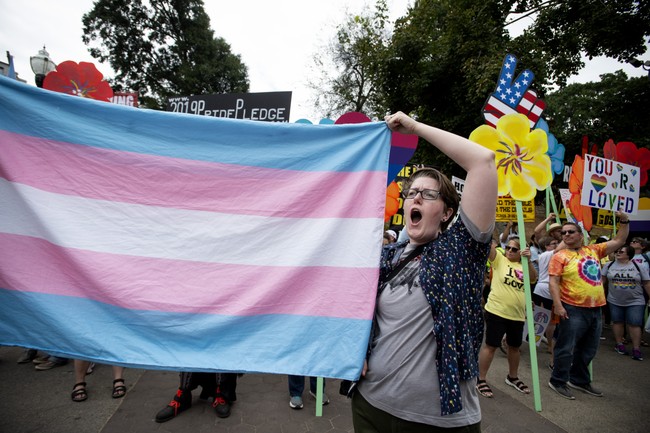A military judge recently upheld plea agreements involving Khalid Sheikh Mohammed and two co-defendants accused of orchestrating the 9/11 attacks. This ruling voids an earlier decision by Defense Secretary Lloyd Austin, who had ordered the deals thrown out, as reported by The Associated Press.
Now, unless government prosecutors attempt another challenge, the defendants may soon plead guilty in a U.S. military courtroom at Guantanamo Bay, Cuba—signaling a potential end to over two decades of complicated legal proceedings in one of the darkest cases in American history.
Judge restores controversial 9/11 terrorist plea deals involving Khalid Sheikh Mohammed: report https://t.co/jzkckTb1zY #FoxNews The Majority of Americans were against this plea deal but here it is again.
— Kira (@KiraWal13810301) November 7, 2024
Trump Surges To Victory – Get the Ultimate Trumpinator Bobblehead To Celebrate 2024!
The plea agreements, which were negotiated between government prosecutors and defense attorneys, offer a compromise: Mohammed, Walid bin Attash, and Mustafa al-Hawsawi would avoid the death penalty in exchange for guilty pleas.
Despite approval from Guantanamo’s top military commission official, Austin had stepped in to nullify the deals, declaring that such monumental decisions should be made solely at the defense secretary’s discretion.
The agreements faced swift political backlash this summer, especially from Republicans, who questioned how plea bargains in a capital case could be justified for the masterminds of 9/11, a tragedy that claimed nearly 3,000 American lives.
Austin’s reversal fueled even more controversy in what has already been a prosecution plagued by delays, legal barriers, and debates over the admissibility of evidence due to the defendants’ treatment in CIA custody.
Judge Matthew McCall, the Air Force colonel overseeing the case, countered Austin’s directive with a 29-page ruling, asserting that the defense secretary did not have the authority to unilaterally cancel plea deals that had already been approved.
According to McCall, allowing Austin’s veto would grant defense secretaries unchecked power over decisions in Guantanamo’s military commission—a move that could compromise the commission’s independence.
As it stands, the Pentagon is reviewing McCall’s decision. Maj. Gen. Pat Ryder, Pentagon press secretary, offered no further comment, and the judge’s ruling has yet to be posted on the official Guantanamo military commission site.
However, Lawdragon and The New York Times reported the decision, with Lawdragon noting that McCall’s analysis emphasized Austin’s lack of legal standing to override the approved agreements.
Despite McCall’s ruling, the debate around the 9/11 prosecutions remains far from over. Families of victims and various lawmakers argue for trials and potential death sentences for the alleged masterminds.
However, legal experts are skeptical that this goal will be achievable due to years of legal wrangling over evidence, including issues like destroyed CIA interrogation tapes and accusations of torture.
As the process unfolds, any guilty pleas entered under these agreements could eventually lead to appeals reaching the U.S. Court of Appeals for the District of Columbia Circuit, where unresolved issues about evidence and Austin’s attempted reversal could once again test the limits of military and civilian legal jurisdiction.
Read the full article here


![Judge Defies Pentagon in Explosive 9/11 Plea Deal Ruling [WATCH] Judge Defies Pentagon in Explosive 9/11 Plea Deal Ruling [WATCH]](https://www.lifezette.com/wp-content/uploads/2024/09/2024.09.11-05.13-lifezette-66e1cfc2cc80d.jpg)


![LA 2028 Facing Total Financial Meltdown [WATCH] LA 2028 Facing Total Financial Meltdown [WATCH]](https://www.drewberquist.com/wp-content/uploads/2025/04/2025.04.21-09.58-drewberquist-680616d46b447.jpg)



